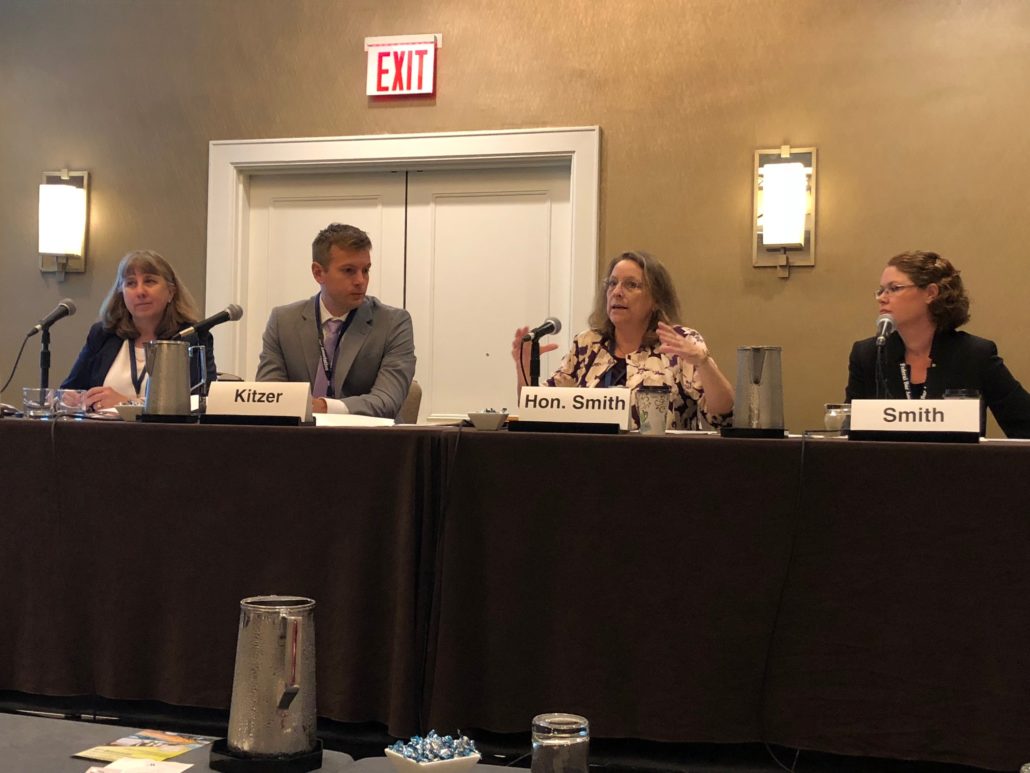If you do not typically negotiate the terms of your job offer, you may want to consider doing so. There are many different aspects of a typical employment offer that you may be able to negotiate. If you do not, you may be selling yourself short.
Perhaps the biggest factor in negotiating an employment agreement is your salary or compensation for a job. During the initial interview, an employer will frequently ask what salary level you are seeking. This is the first misstep in most initial employment negotiations. You are not obligated to provide your prior salary history and doing so may hurt your negotiating position. At the same time, it is unwise to be rude or curt in denying to share salary information if you are trying to persuade an employer to hire you.
Here are some tips when facing this question:
- Redirect: Ask what salary range the employer is offering (or what range a recruiter believes is realistic). Or say, “I am looking for roles in a range between $__ and $__.” Focus on what you are looking for, not what you earned in the past.
- Ask for more information: Respond by saying that you need more information about the specific role or job you are seeking before you can comfortably answer what salary range you are seeking.
- Directly address the question: You can politely say that you are not comfortable sharing that information or that it is private. In fact, sharing prior salary history can lead to direct or indirect discrimination. For instance, it well documented that women and minorities are generally paid less than men and non-minorities. Allowing companies to dictate pay based on previous salaries perpetuates these discriminatory norms. In some circumstances, seeking prior pay information may even violate the law. You should contact an employment attorney if you have questions about that.
At some point, if things move forward, you will be offered a position with a salary or a salary range. Of course, you will want to negotiate this term to get the best salary you can. Frequently, though, there is not much room beyond the initial salary offer unless there are unique circumstances (i.e. you have a competitive job offer, etc.).
Once you have been offered a job and settled on a salary, you can still negotiate several terms beyond salary. Many people overlook this potentially lucrative opportunity. Here are some terms to consider negotiating:
Sign-on bonus: these are more common than negotiating a salary increase, and are frequently agreed-to when job candidates push for them. This can make a significant financial difference when comparing competing job offers.
- Vacation: negotiating one or even many additional vacation days per year is a very common term that employers are willing to give.
- Stock options: Some companies offer stock options as part of an employment agreement. These can be very valuable depending on the financial health and future of the business.
- Flexibility: working from home (even a few days a year or something like that), variable work hours, limited travel, etc.
- Dues/fees: if you are obligated to maintain membership dues or association fees, negotiate your employer covering these. We have even seen employers pay for memberships at social or health clubs for the career networking value that the company receives. Similarly, you can negotiate paying conference attendance fees or travel costs. Be specific about these terms up front rather than waiting until after you are hired.
- Tuition reimbursement: This is another common term for employees looking to advance their career—it can be a win-win for the employer and employee. But be very careful about provisions that require you to pay back any reimbursement amount if you leave the company.
- Non-monetary items: Aside from terms that cost a company money, you can get creative about other elements of the job that help you advance your career trajectory. For instance, your job title or the number of employees that report to you may be items you can negotiate. This can make a significant difference in promotional opportunities down the road and can help you gain valuable experience.
You should also consider negotiating severance or separation terms as part of your initial job offer or employment agreement. We frequently have clients who quit, are laid off or are terminated and attempt to negotiate severance pay. In almost all cases, employers’ lawyers argue that those terms should have been negotiated at the outset of the employment relationship. They are right. As an employee, you are much better off having a contractual right to severance pay when you are let go than if you do not.
Many employers today require some form of non-compete agreement, non-solicitation agreement, or other restriction on your ability to work upon departing from the company. You can use that to negotiate some form of separation pay in exchange for agreeing to these restrictions. For instance, if an employer requires you to sign a one year non-compete, you can suggest that they include one year of severance pay if you are terminated under certain circumstances. This helps protect you in the event that you are suddenly fired and then bound by a restrictive covenant that limits you in finding a new job.
***The law on non-competes and other restrictive covenants is complicated and changes regularly. The same is true for law governing employment agreements. There are many factors involved in deciding whether to negotiate an employment agreement, and you should seek legal advice from an experienced employment lawyer before signing (or even negotiating) such an agreement. It is important to fully understand what you are agreeing to before you agree to anything.


